
Climate change presents a major threat to long-term growth and prosperity, and it has a direct impact on the economic wellbeing of all countries. The IMF has a role to play in helping its members address those aspects of the climate challenge for which fiscal and macroeconomic policies are an important component of the appropriate response, including how best to capture the opportunities of low-carbon, resilient growth.
With its global membership and a focus on macroeconomic growth and financial stability, the IMF is uniquely positioned to analyze the national, regional and global response to climate change and foster cooperation in areas such as climate finance, carbon pricing, data, and technology transfer, among others.
At COP28 we will continue our dialogue on economic and financial sector policies that can help our members and the wider international community reach shared climate goals: particularly how to reduce emissions, increase climate finance, boost resilience, and ease the transition to low-carbon economies. This year the IMF is sharing a pavilion at COP28 with the World Bank Group and the Financial Times to create opportunities for dialogue and knowledge sharing.
Visit the IMF at the COP28 Joint Pavilion:
The COP28 joint pavilion is located at the Blue Zone in Expo City Dubai.
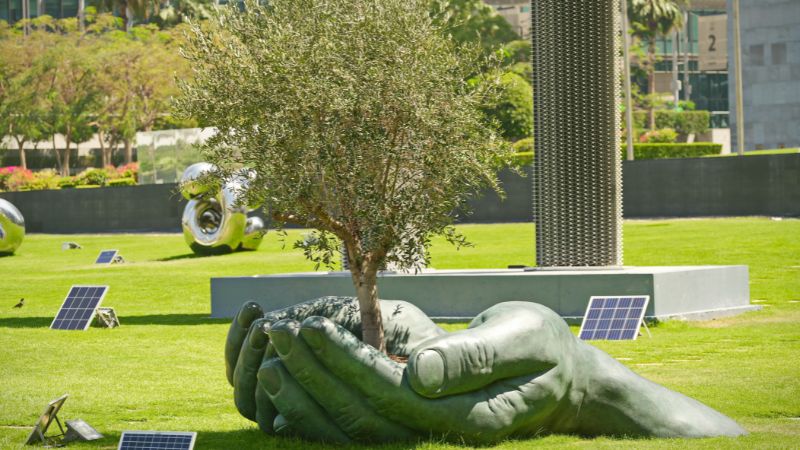
In this conversation, moderated by Pilita Clark, Associate Editor at the Financial Times, the heads of the IMF and World Bank set out the agenda going into COP28.

Mitigating climate change requires rapid cuts in global emissions in this decade. Despite some progress since 2015, there remain substantial gaps in ambition and implementation. Based on the latest stock-taking report by IMF staff, a high-level panel will discuss the size of ambition and implementation gaps and how to close them equitably while scaling up global flows of finance and technology.
PANELISTS:
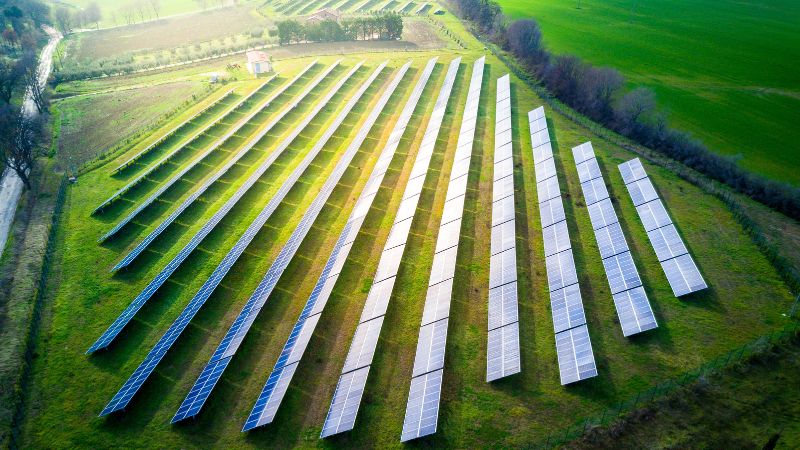
Reaching net-zero emissions will require more innovation and more rapid diffusion of existing technology. But green innovation has slowed since the mid-2010s and there is limited diffusion of new technologies from advanced to lower-income countries. In this event, high-level panelists will explore how to accelerate technological innovation and its diffusion across countries to help decarbonize the global economy.
PANELISTS:
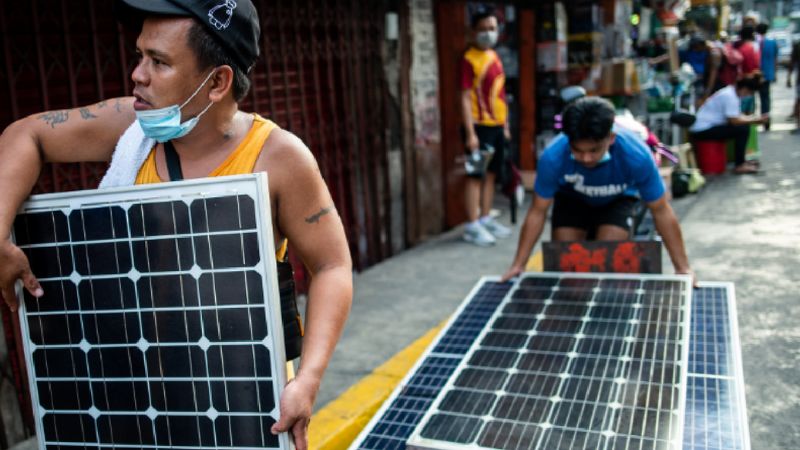
Climate financing needs are large, especially in vulnerable emerging and developing economies. The IMF is innovating to help countries meet the challenge: through a recently created instrument, the Resilience and Sustainability Trust, it provides financing to countries facing long-term structural challenges, including climate change. In this session, panelists will discuss how the instrument can help countries advance their climate change objectives and catalyze additional climate financing.
PANELISTS:

Credible and comparable data is critical to better understand the economic and financial implications of climate change and implement policies that can bring the world to net-zero. But climate change data is uneven across countries, so there is an urgent need to address these data gaps and integrate high-quality data into decision-making. In this joint session with the World Bank, panelists will assess the types of data that policymakers need to understand the economic and financial risks associated with climate change, develop sound policies, and finance the transition.
PANELISTS:
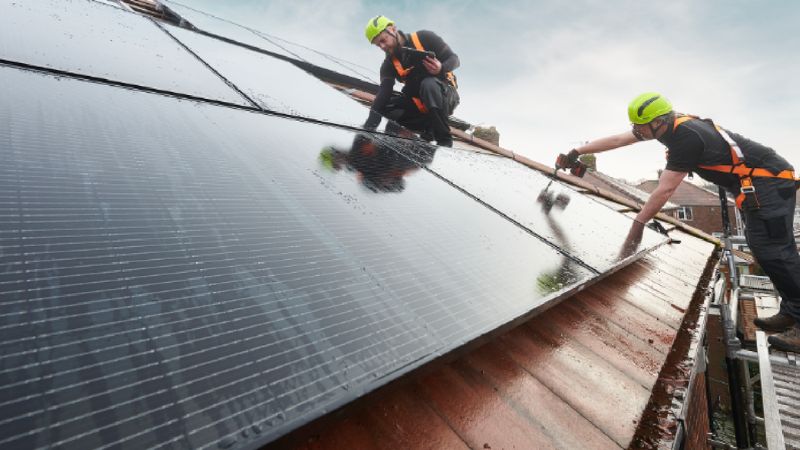
Disruptions in global energy markets amid Russia’s war in Ukraine have exposed the vulnerabilities of fossil-fuel reliance and rekindled national energy security concerns. At the same time, rising geo-economic fragmentation could jeopardize the supply of minerals that are critical for the green transition. This event will explore how countries can strike a balance between promoting short-term energy security while remaining on track to meet the goals of the Paris Agreement.
PANELISTS:
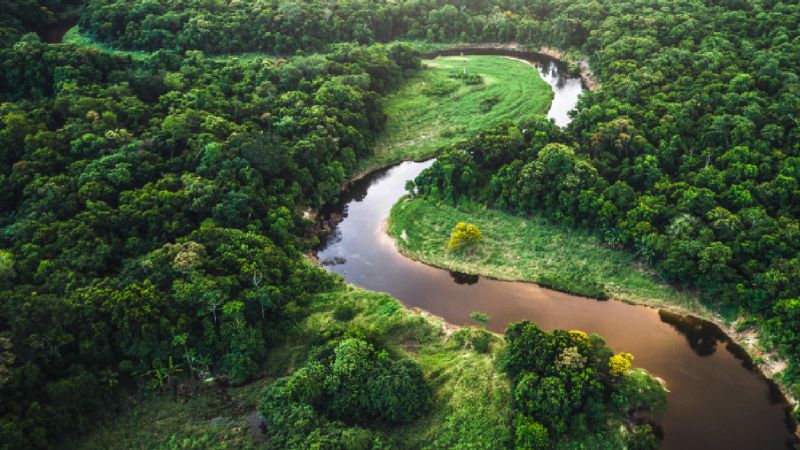
Investing in climate change resilience requires large scale financing. The potential for corruption to exacerbate the challenge, undermine the effectiveness of the response and increase costs means that better governance must be at the heart of the climate response. Acting fast will mean leveraging the existing anticorruption architecture and catalyzing coalitions in a highly coordinated way. In this joint event with the World Bank, panelists will discuss corruption vulnerabilities that are specific to the green transition and how to address them.
PANELISTS:
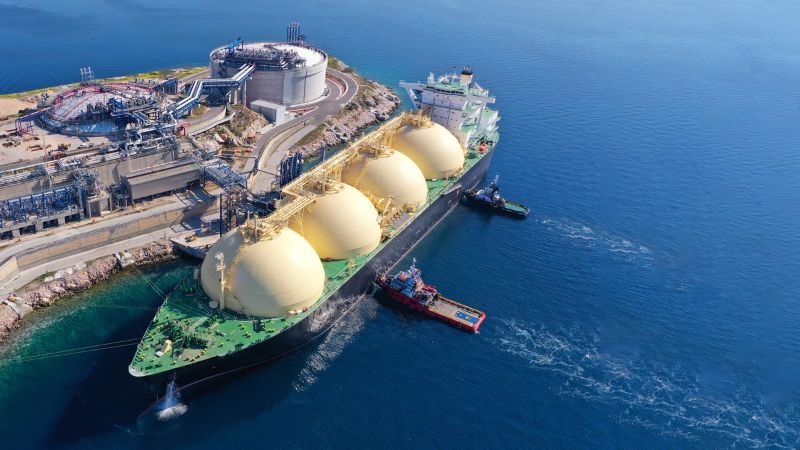
The global energy transition poses macroeconomic challenges for fossil fuel exporting countries, including more uncertain hydrocarbon revenues, exports and investment inflows. How will these countries be impacted in the next decade and what policies can they adopt to harness opportunities in the transition to a lower carbon economy and mitigate possible macroeconomic disruptions? Panelists will share views on the scale of the challenge, as well as fiscal policy and diversification priorities to respond in a timely and coordinated way.
PANELISTS:
Watch all videos on our YouTube channel
Watch Managing Director Kristalina Georgieva moderate the Finance Session of the COP28 World Climate Action Summit with President Macron (France), Prime Minister Sunak (UK), President Akufo-Addo (Ghana), President Ruto (Kenya), Prime Minister Mottley (Barbados), and President Petro (Colombia).
Managing Director Kristalina Georgieva emphasizes the urgency of carbon pricing to achieve climate targets at the UN Climate Change Summit. Joining EU leaders, Zambia, and the World Bank at COP28, she advocates for swift implementation of carbon pricing strategies.
A fireside chat with World Bank Group President Ajay Banga and Managing Director Kristalina Georgieva on their respective institutional goals going into COP28 in Dubai.
Building Pathways to Inclusive Green Growth. Managing Director Kristalina Georgieva delivers a keynote address at the COP28 Business & Philanthropy Climate Forum.
“Unless we invest massively in additional research and innovation for new technology, we will not be able to get to net zero as fast as we need”, says WTO Director General Dr. Ngozi Okonjo-Iweala, Watch her conversation with Bloomberg's Will Kennedy on her takeaways from the IMF’s COP28 event on Green Innovation and Technology Diffusion for Net Zero.
Is the Paris Agreement working? Discover the insights of Nick Stern, Chairman of the Grantham Research Institute on Climate Change and the Environment at the London School of Economics, following his event that reflected on the most recent assessment report by IMF staff.
Mary Burce Warlick, Deputy Executive Director, International Energy Agency (IEA), shares her main insights following the panel discussion "Preparing for the Green Transition in Fossil Fuel Exporters."
"One thing we all agreed on is that the RST is a great instrument." Kampeta Sayinzoga, CEO of the Development Bank of Rwanda, reflects on the panel discussion about how countries can advance their climate change objectives and catalyze additional climate financing through the Resilience and Sustainability Trust.
What are the main insights from the discussion on energy security and climate change mitigation? Hear the perspective of the European Union as expressed by Ambassador Anthony Agotha, the Special Envoy for Climate and Environment.

Closing the gender gap in science, technology, engineering, and math would accelerate the green transition while making it more inclusive

Easing the burden on lower-income households is not only socially fair, but also economically efficient

New books offer fresh perspectives on climate, China, and John Maynard Keynes
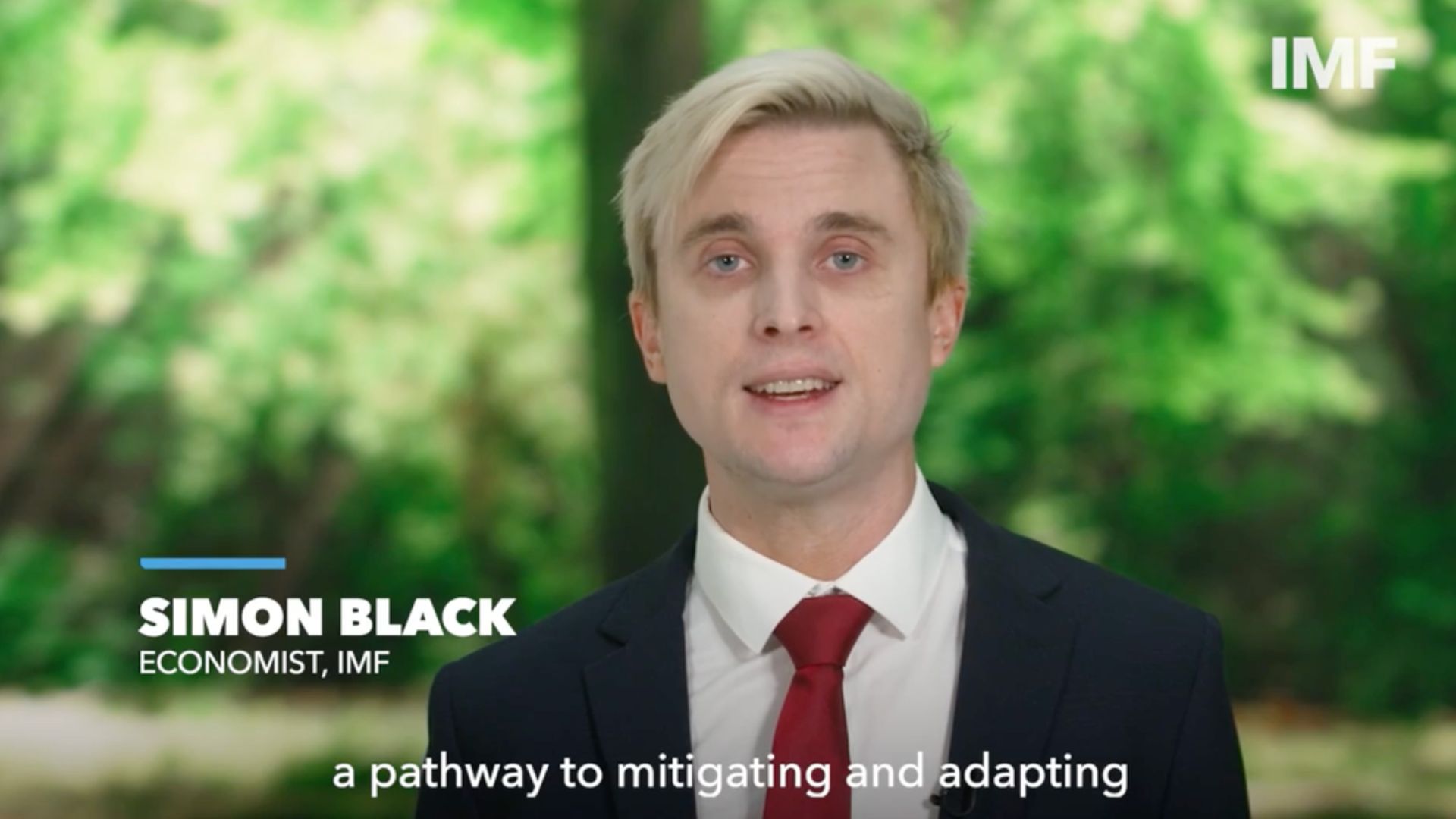
Urgent and aggressive action to cut greenhouse gas emissions this decade is needed. Global ambition needs to be more than quadrupled: emissions cuts of 50 percent below 2019 levels by 2030 are needed for 1.5 degrees Celsius.
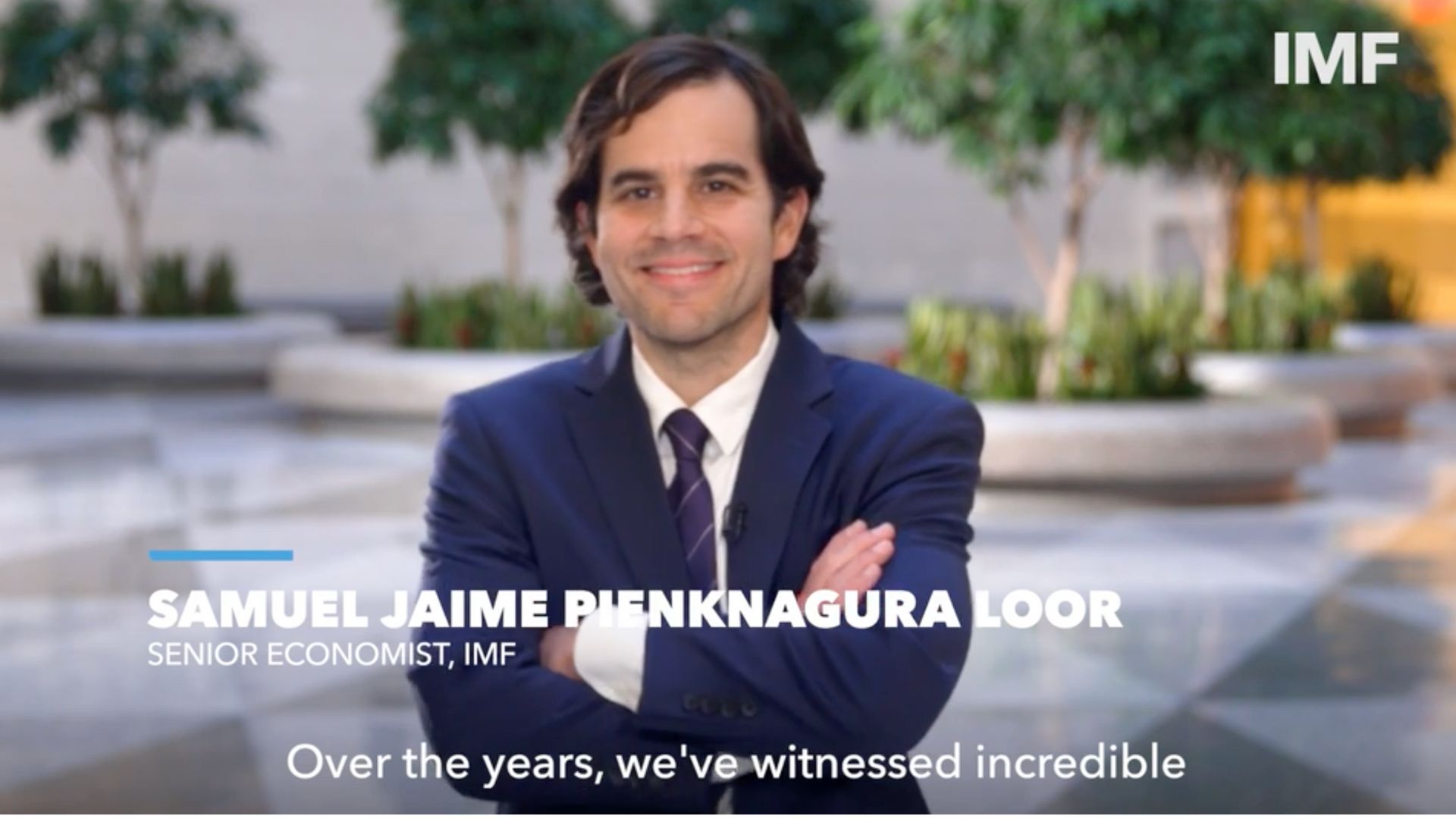
Innovation in low-carbon technologies (LCTs), which is essential in the fight against climate change, has slowed in recent years.
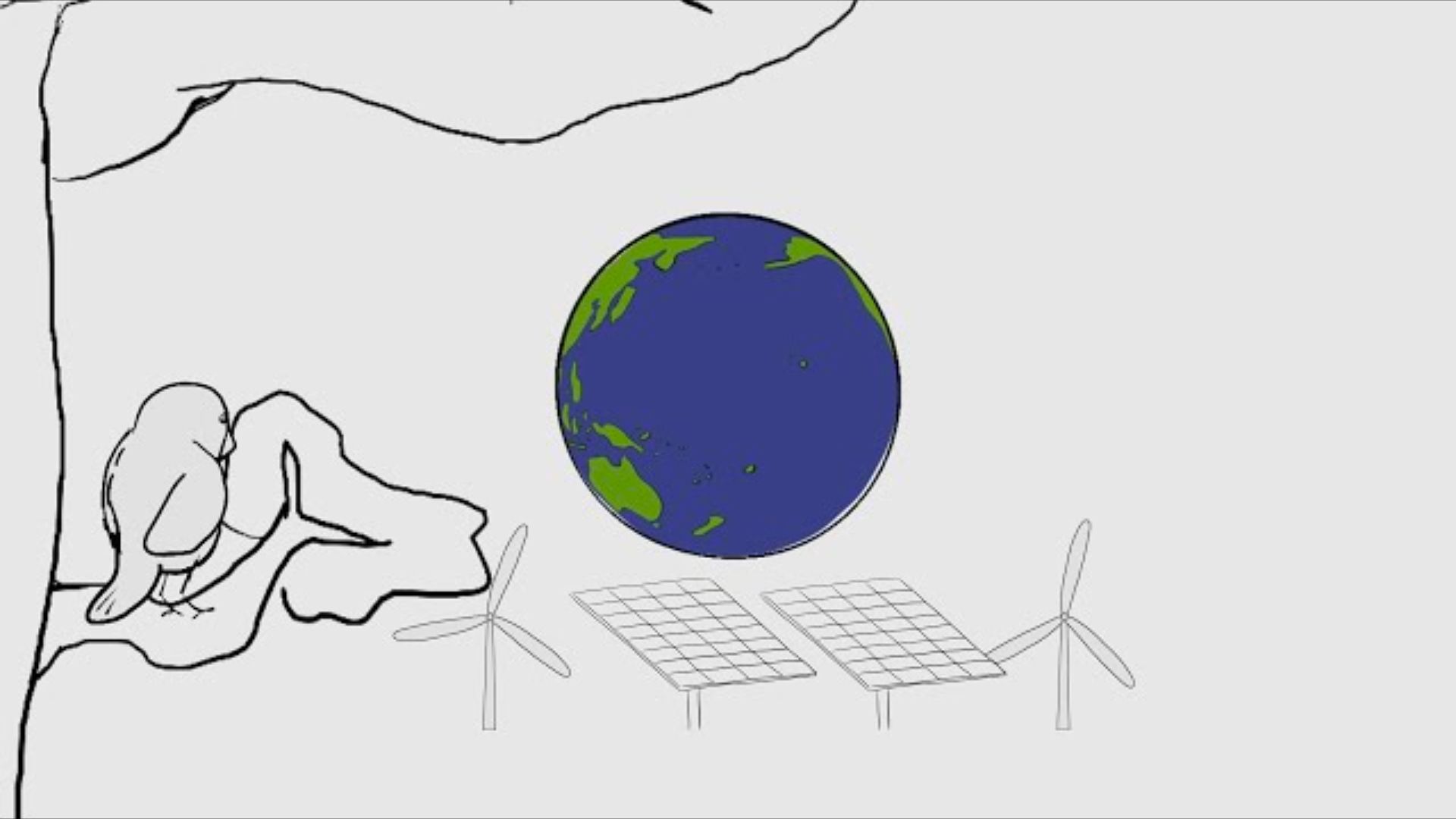
Learn how an international carbon price floor among large emitters can help achieve the goal of accelerating the transition to low carbon growth over the course of this decade.
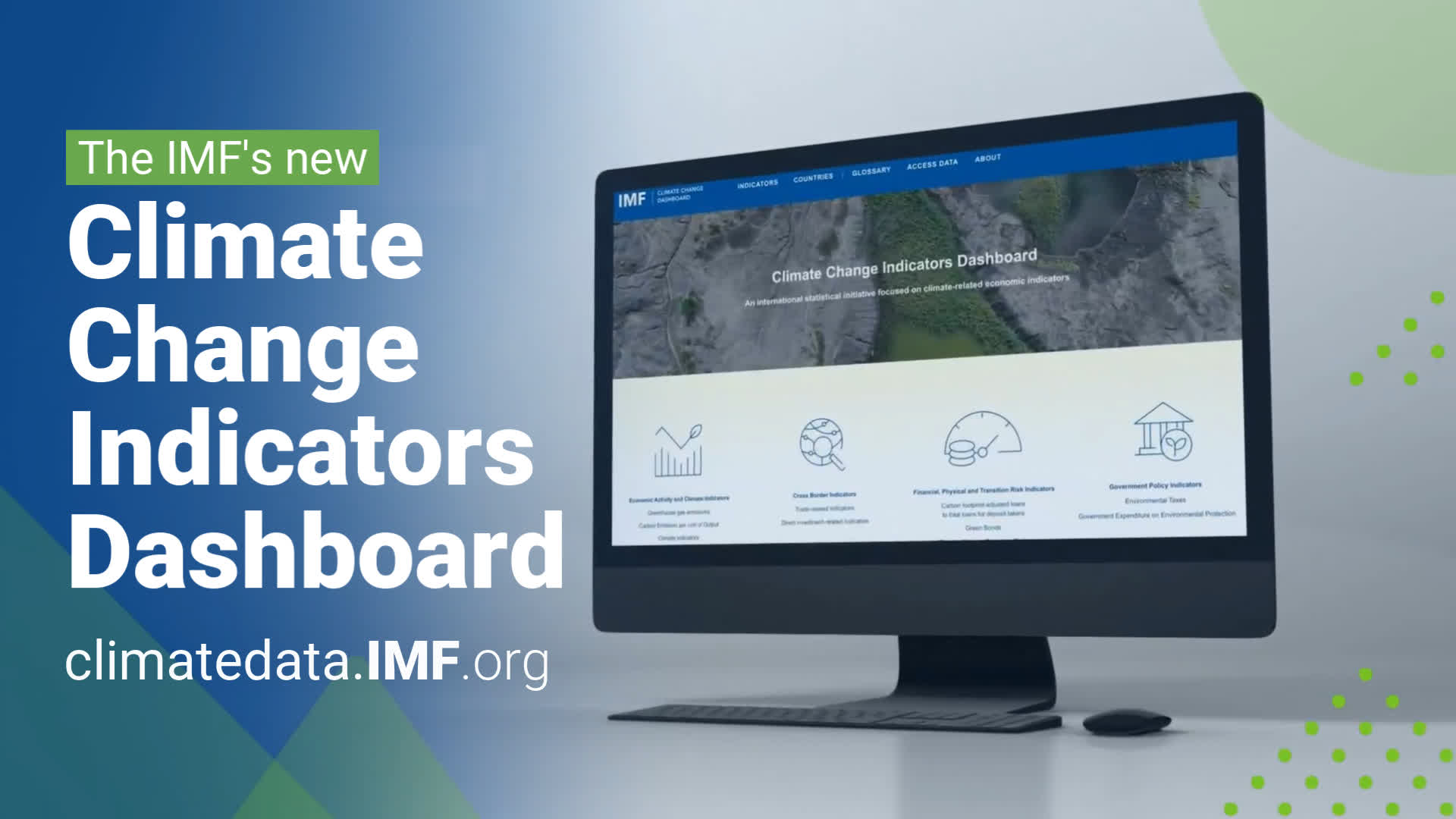
Climate Change Indicators Dashboard
The IMF's Climate Change Indicators Dashboard provides a platform for disseminating climate change data for macroeconomic and financial stability analysis. The dashboard helps users assess the linkage between economic and financial activities and government policies on the one hand, and climate change (and environment more broadly) on the other—either on a country-level or cross-country basis—by analyzing a standardized set of comparable data.